![]()
Jesus enjoins Judas"to seek [after the] spirit within you.”
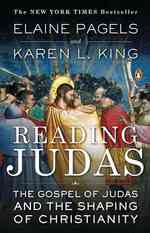
"The author of the Gospel could not believe that a just God would allow His followers to be murdered, tortured, and sacrificed in His name. In place of what the Gospel author saw as a cruel, vengeful God, the author proposed a creation story consisting of a realm of two levels: the higher level the realm of the spirit, and the lower level the realm of the physical world. The persecutions of the Christians were not part of the divine will but were part of the world below. The realm of the spirit could be reached, for the author of the Gospel of Judas, by an effort to "bring forth the perfect human.” In the text, Jesus enjoins Judas "to seek [after the] spirit within you.”
Beyond Anger to Revelation, April 18, 2007
By Robin Friedman (Washington, D.C. United States)
In April 2006, the National Geographic Society published an ancient
text, the "Gospel of Judas" that had been discovered in the mid-1970's
in Egypt. The original Greek text dates from about 150 A.D., although
the version recovered was a Coptic translation written several
hundred years thereafter. The publication of the "Gospel of Judas"
excited a great deal of scholarly and popular interest due, in part,
to the light it might cast on the early development of Christianity.
In their recent book, "Reading Judas: The Gospel of Judas and the
Shaping of Early Christianity" (2007), Elaine Pagels and Karen King
offer early thoughts on the Gospel of Judas and its significance.
Pagels is Harrington Spear Paine Professor of Religion at Princeton
University and the author of several books on Gnostic Christianity,
including "The Gnostic Gospels.” King is Winn Professor of
Ecclesiastical History at the Harvard Divinity School, and she has
also written several books on Gnosticism.
This short but difficult book is in two parts. The first
part, "Reading Judas" consists of four chapters jointly written by
Pagels and King examining the Gospel of Judas in the context of the
traditional New Testament canon, the history of early Christianity,
and other Gnostic texts. The second part of the study consists of an
English translation of the Gospel of Judas by King together with her
detailed commentary on the translation. Interpretation of this newly
published text is difficult. It is obscurely written with names and
characters that are unfamiliar. Extensive and important passages of
the text have been lost over the years. It should also be remembered
that the text of the Gospel of Judas is itself a Coptic translation
of an original Greek version that we do not possess.
Pagels and King present their text as casting light on the diverse
character of early Christianity before it assumed its canon and
orthodox formulation, but the fascination of the Gospel of Judas is
at least equally due to the text itself. As Pagels and King point
out, the text is the work of an angry author who was critical of the
disciples of Jesus and of the form that what would become mainstream
Christianity was taking and who was anti-semitic and homophobic as
well. But they find the text passing"beyond anger to revelation" (p.
103) as it leaves polemic behind and ventures into the realm of the
spirit in considering the nature of God, human character, and the
problem of evil.
Pagels and King argue that the Gospel of Judas was written as a
response to Christian martyrdom at the hands of the Romans. The
author of the Gospel could not believe that a just God would allow
His followers to be murdered, tortured, and sacrificed in His name.
In place of what the Gospel author saw as a cruel, vengeful God, the
author proposed a creation story consisting of a realm of two levels:
the higher level the realm of the spirit, and the lower level the
realm of the physical world. The persecutions of the Christians were
not part of the divine will but were part of the world below. The
realm of the spirit could be reached, for the author of the Gospel of
Judas, by an effort to "bring forth the perfect human.” In the text,
Jesus enjoins Judas"to seek [after the] spirit within you.”
The Gospel of Judas thus is an attempt to recast what became standard
religious religious thought by internalizing God and the spiritual
search. This theme, in broad outline, resonates with many people
today who find themselves religiously inclined but uncomfortable with
what they perceive as traditional religious dogma.
Pagels and King admirably place the Gospel of Judas in the context of
the development of Christianity. They offer a nuanced account that
recognizes the value and the need for the four traditional Gospels in
establishing a foundation for Christianity in its many creeds, from
Catholicism and Orthodoxy to evangelical Protestantism. But the
fascination with the text is ultimately the fascination with the
message. This book, as well as other recent works exploring
Gnosticism, casts light on traditional religious belief, but it also
encourages the efforts of those contemporary readers who wish to
explore alternative forms of spiritual development.
Robin Friedman
Apokalypsis: The fulfillment of eschatological instruction by the Paraclete in the Age to Come promised by Jesus at the Last Supper
An apocalypse (Greek: apokalypsis meaning “an uncovering”) is in religious contexts knowledge or revelation, a disclosure of something hidden, “a vision of heavenly secrets that can make sense of earthly realities.” (Ehrman 2014, 59)
“An apocalypse (Ancient Greek: apokalypsis ... literally meaning "an uncovering") is a disclosure or revelation of great knowledge. In religious and occult concepts, an apocalypse usually discloses something very important that was hidden or provides what Bart Ehrman has termed, "A vision of heavenly secrets that can make sense of earthly realities". Historically, the term has a heavy religious connotation as commonly seen in the prophetic revelations of eschatology obtained through dreams or spiritual visions.” Wikipedia 2021-01-09
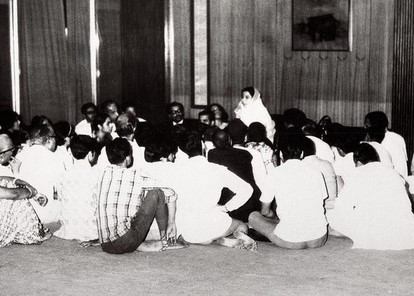
Total number of recorded talks 3058: Public Programs 1178, Pujas 651, and other (private conversations) 1249
“The Paraclete will come (15:26; 16:7, 8, 13) as Jesus has come into the world (5:43; 16:28; 18:37)... The Paraclete will take the things of Christ (the things that are mine, ek tou emou) and declare them (16:14-15). Bishop Fison describes the humility of the Spirit, 'The true Holy Spirit of God does not advertise Herself: She effaces Herself and advertises Jesus.' ...
It is by the outgoing activity of the Spirit that the divine life communicates itself in and to the creation. The Spirit is God-in-relations. The Paraclete is the divine self-expression which will be and abide with you, and be in you (14:16-17). The Spirit's work is described in terms of utterance: teach you, didasko (14:26), remind you, hypomimnesko (14:26), testify, martyro (15:26), prove wrong, elencho (16:8), guide into truth, hodego (16:13), speak, laleo (16:13, twice), declare, anangello (16:13, 14, 15). The johannine terms describe verbal actions which intend a response in others who will receive (lambano), see (theoreo), or know (ginosko) the Spirit. Such speech-terms link the Spirit with the divine Word. The Spirit's initiatives imply God's personal engagement with humanity. The Spirit comes to be with others; the teaching Spirit implies a community of learners; forgetful persons need a prompter to remind them; one testifies expecting heed to be paid; one speaks and declares in order to be heard. The articulate Spirit is the correlative of the listening, Spirit-informed community.
The final Paraclete passage closes with a threefold repetition of the verb she will declare (anangello), 16:13-15. The Spirit will declare the things that are to come (v.13), and she will declare what is Christ's (vv. 14, 15). The things of Christ are a message that must be heralded...
The intention of the Spirit of truth is the restoration of an alienated, deceived humanity... The teaching role of the Paraclete tends to be remembered as a major emphasis of the Farewell Discourses, yet only 14:26 says She will teach you all things. (Teaching is, however, implied when 16:13-15 says that the Spirit will guide you into all truth, and will speak and declare.) Franz Mussner remarks that the word used in 14:26, didaskein, "means literally 'teach, instruct,' but in John it nearly always means to reveal.” (Stevick 2011, 292-7)
The Holy Spirit as feminine: Early Christian testimonies and their interpretation,
Johannes van Oort, Radboud University, Nijmegen, The Netherlands
Department of Church History and Church Polity, Faculty of Theology, University of Pretoria, South Africa
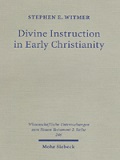
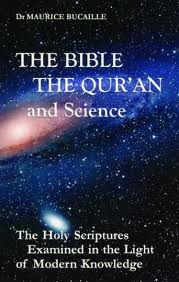
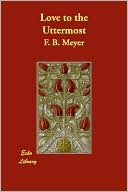
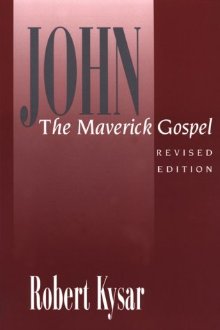
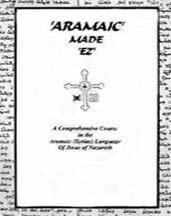

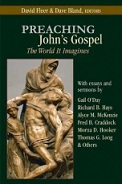
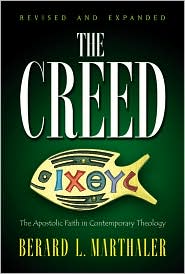
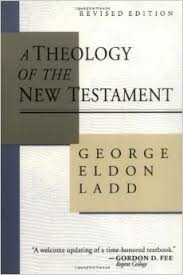
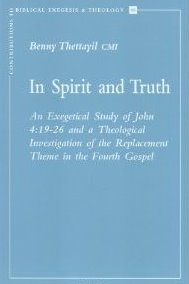

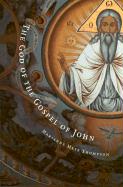
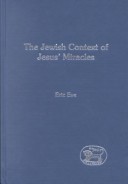
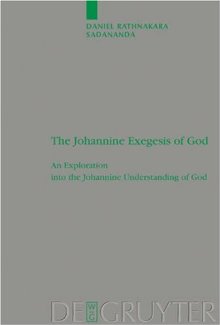

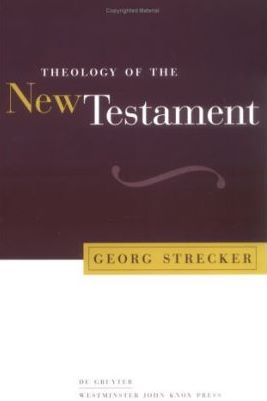
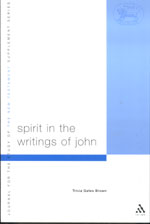
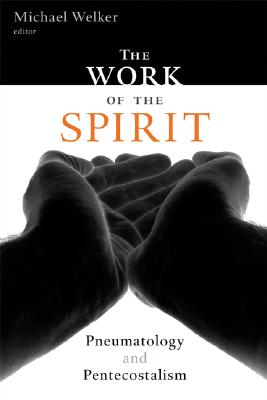
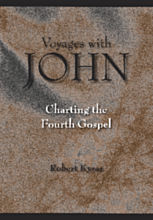
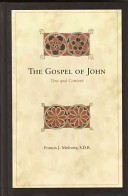
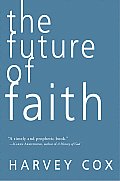
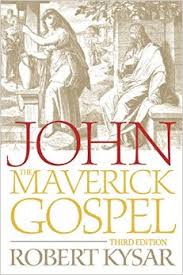
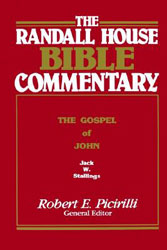
 “The teaching of the Paraclete, as the continuation of Jesus' teaching, must also be understood as the fulfillment of the promise of eschatological divine instruction.”
“The teaching of the Paraclete, as the continuation of Jesus' teaching, must also be understood as the fulfillment of the promise of eschatological divine instruction.”Stephen E. Witmer, Divine instruction in Early Christianity
“Jesus therefore predicts that God will later send a human being to Earth to take up the role defined by John .i.e. to be a prophet who hears God's words and repeats his message to man.”
M. Bucaille, The Bible, the Qur'n, and Science
“And when Jesus foreannounced another Comforter, He must have intended a Person as distinct and helpful as He had been.”
F. B. Meyer, Love to the Utmost
“The Paraclete has a twofold function: to communicate Christ to believers and, to put the world on trial.”
Robert Kysar, John The Meverick Gospel
“But She—the Spirit, the Paraclete...—will teach you everything.”
Danny Mahar, Aramaic Made EZ)
“Grammatical nonsense but evidence of the theological desire to defeminize the Divine.”
Lucy Reid, She Changes Everything
“The functions of the Paraclete spelled out in verses 13-15... are all acts of open and bold speaking in the highest degree.”
David Fleer, Preaching John's Gospel
“The reaction of the world to the Paraclete will be much the same as the world's reaction was to Jesus.”
Berard L. Marthaler, The Creed: The Apostolic Faith in Contemporary Theology
Bultmann calls the “coming of the Redeemer an 'eschatological event,' 'the turning-point of the ages.”
G. Ladd, A Theology of the New Testament
“The Paraclete equated with the Holy Spirit, is the only mediator of the word of the exalted Christ.”
Benny Thettayil, In Spirit and Truth
“The divine Paraclete, and no lessor agency, must show the world how wrong it was about him who was in the right.”
Daniel B. Stevick , Jesus and His Own: A Commentary on John 13-17
Stephen Smalley asserts that “The Spirit-Paraclete ... in John's Gospel is understood as personal, indeed, as a person.”
Marianne Thompson, The God of the Gospel of John
“The Messiah will come and the great age of salvation will dawn (for the pious).”
Eric Eve, The Jewish context of Jesus' Miracles
“The remembrance is to relive and re-enact the Christ event, to bring about new eschatological decision in time and space.”
Daniel Rathnakara Sadananda, The Johannine Exegesis of God
“The Spirit acts in such an international situation as the revealer of 'judgment' on the powers that rule the world.”
Michael Welker, God the Spirit
The Paraclete's “Appearance means that sin, righteousness, and judgment will be revealed.”
Georg Strecker, Theology of the New Testament
“While the Spirit-Paraclete is the true broker, the brokers they rely on are impostors.”
T. G. Brown, Spirit in the writings of John
“The pneumatological activity ... of the Paraclete ... may most helpfully be considered in terms of the salvific working of the hidden Spirit.”
Michael Welker, The work of the Spirit
“The pneuma is the peculiar power by which the word becomes the words of eternal life.”
Robert Kysar, Voyages with John
“The gift of peace, therefore, is intimately associated with the gift of the Spirit-Paraclete.”
Francis J. Moloney, The Gospel of John
“This utopian hope, even when modestly expressed, links Jesus and the prophets to a much wider history of human longing.”
Harvey Cox, The Future of Faith
“Because of the presence of the Paraclete in the life of the believer, the blessings of the end-times—the eschaton—are already present.”
Robert Kysar, John
“They are going, by the Holy Spirit's power, to be part of the greatest miracle of all, bringing men to salvation.”
R. Picirilli, The Randall House Bible Commentary
“The Kingdom of God stands as a comprehensive term for all that the messianic salvation included... is something to be sought here and now (Mt. 6:33) and to be received as children receive a gift (Mk. 10:15 = Lk. 18:16-17).”
G. Ladd, A Theology of the New Testament
Disclaimer: Our material may be copied, printed and distributed by referring to this site. This site also contains copyrighted material the use of which has not always been specifically authorized by the copyright owner. We are making such material available to our readers under the education and research provisions of "fair use" in an effort to advance freedom of inquiry for a better understanding of religious, spiritual and inter-faith issues. The material on this site is distributed without profit. If you wish to use copyrighted material for purposes other than “fair use” you must request permission from the copyright owner.